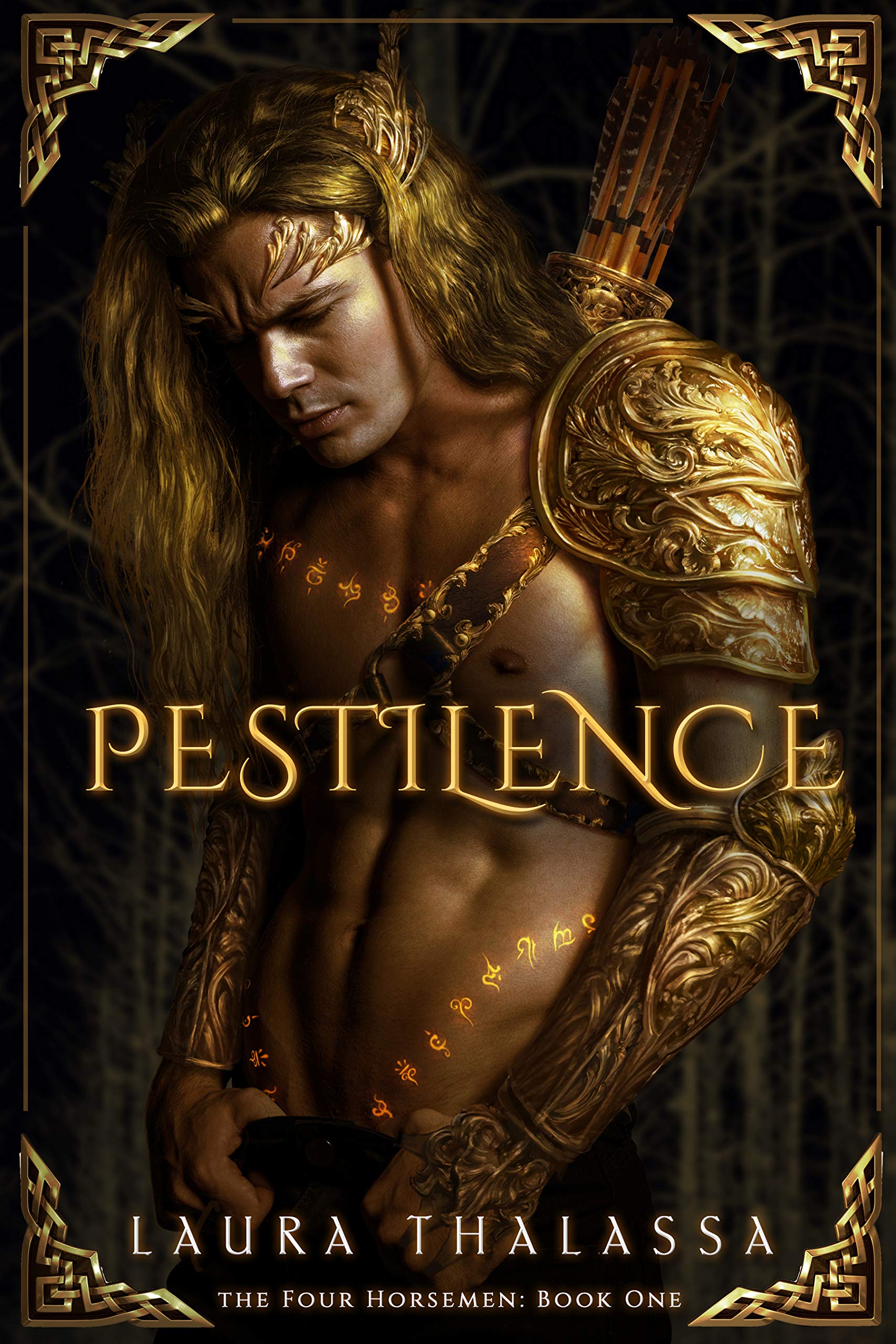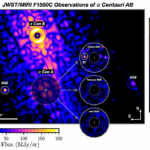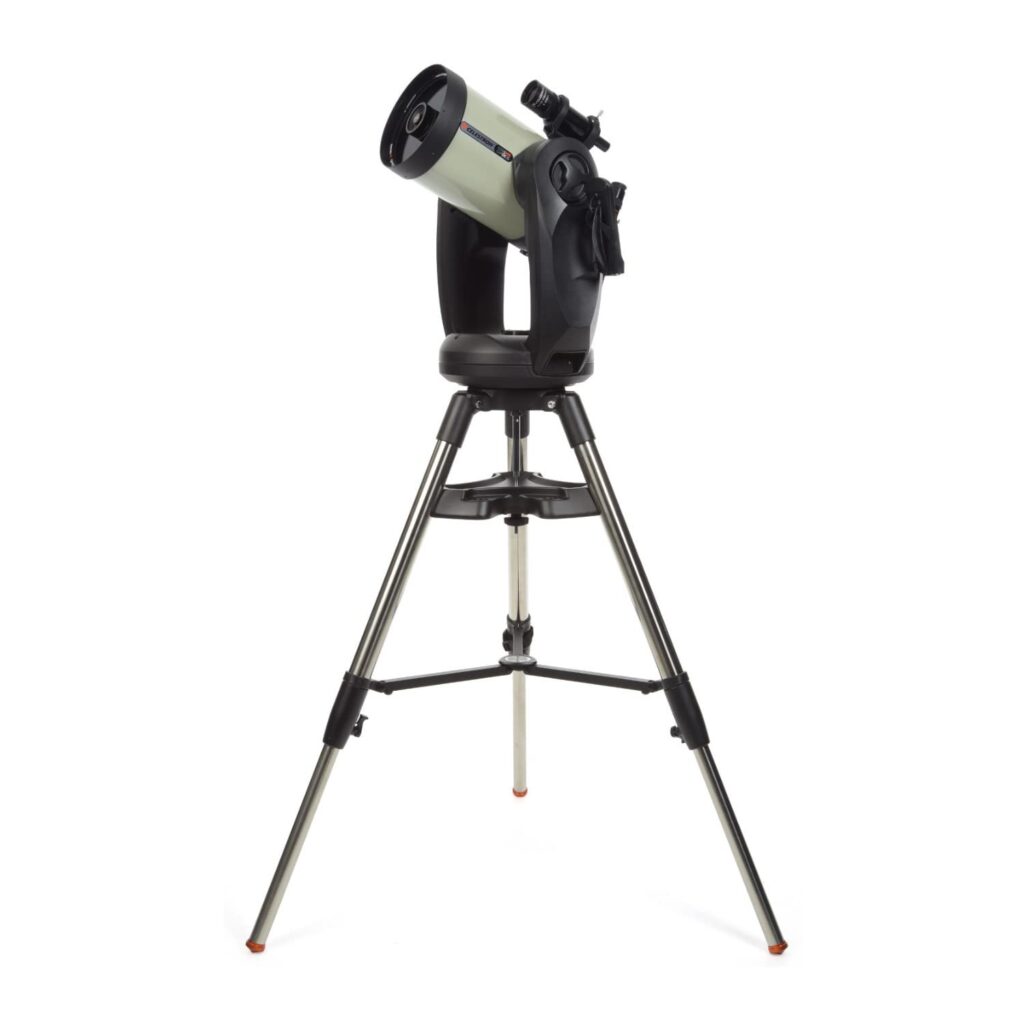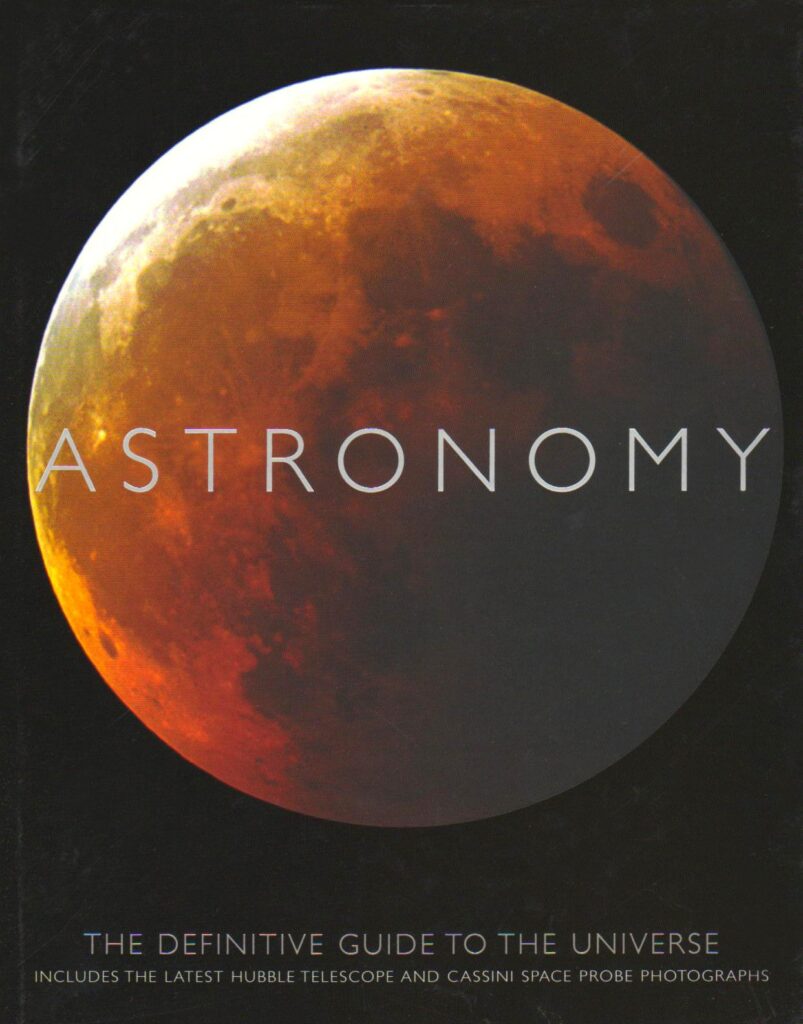Now Reading: Pestilence (The Four Horsemen Book 1)
-
01
Pestilence (The Four Horsemen Book 1)
Pestilence (The Four Horsemen Book 1)

In the context of speculative fiction, where the lines between myth and reality often blur, Pestilence, the inaugural entry in Laura Thalassa’s captivating series, The Four Horsemen, emerges as a narrative that wrestles with the dichotomy of love and destruction. Imagine, if you will, our world suddenly invaded by the very embodiments of humanity’s darkest fears: Pestilence, War, Famine, and Death—four relentless horsemen galloping across the landscape of our lives, heralding chaos and despair.
Thalassa’s story begins with a bang, quite literally, as Sara Burn finds herself in a desperate battle against Pestilence himself. With a heroism born out of love for her community, she takes aim at this unholy creature, only to discover that he’s not easily vanquished. The author deftly plays with themes of mortality and sacrifice, exploring how one woman’s courage can pivot the fate of humanity. As Sara’s initial resolve to destroy Pestilence transforms into a complex emotional rollercoaster, readers are taken on a journey that’s as much about internal conflict as it is about external threats.
What sets Pestilence apart in the crowded landscape of dystopian literature is Thalassa’s ability to weave a romance that feels both impossible and inevitable. The interactions between Sara and the horseman are charged with tension and dark charm, embodying a classic trope of love blossoming amidst peril. As Pestilence, the angelic yet terrifying figure, reveals his layers, readers are left questioning the very nature of evil. Is he truly a monster, or merely a product of a world that has lost its way?
Thalassa’s world-building is richly textured, allowing readers to feel the weight of despair that blankets Sara’s town. The prose is imbued with vivid imagery, painting a picture of a world teetering on the brink of annihilation, yet filled with glimmers of hope and resilience. The stakes are high, and the emotional resonance is palpable as Sara grapples with her feelings for Pestilence, leading to moments that challenge the notion of good and evil in ways that are both provocative and enlightening.
As the pages turn, anticipation builds, making it nearly impossible to put the book down. Thalassa’s narrative is punctuated with suspense and unexpected twists, ensuring that readers are kept on the edge of their seats. The dynamic between Sara and Pestilence serves as a compelling exploration of the human condition, showcasing how love can emerge even in the most harrowing circumstances.
In Pestilence, Laura Thalassa has crafted an enthralling tale that invites readers to consider profound questions about sacrifice, redemption, and the nature of love driven by renewed attention to threatened by chaos. It is a story that resonates deeply in our contemporary age, where the specter of destruction lingers ever-present. As we follow Sara on her journey, we are reminded that sometimes, the heart’s greatest battles lie not in the physical realm, but within the intricate web of human emotion.
Stay Informed With the Latest & Most Important News
Previous Post
Next Post
-
 01Two Black Holes Observed Circling Each Other for the First Time
01Two Black Holes Observed Circling Each Other for the First Time -
 02From Polymerization-Enabled Folding and Assembly to Chemical Evolution: Key Processes for Emergence of Functional Polymers in the Origin of Life
02From Polymerization-Enabled Folding and Assembly to Chemical Evolution: Key Processes for Emergence of Functional Polymers in the Origin of Life -
 03Φsat-2 begins science phase for AI Earth images
03Φsat-2 begins science phase for AI Earth images -
 04Thermodynamic Constraints On The Citric Acid Cycle And Related Reactions In Ocean World Interiors
04Thermodynamic Constraints On The Citric Acid Cycle And Related Reactions In Ocean World Interiors -
 05Hurricane forecasters are losing 3 key satellites ahead of peak storm season − a meteorologist explains why it matters
05Hurricane forecasters are losing 3 key satellites ahead of peak storm season − a meteorologist explains why it matters -
 06Binary star systems are complex astronomical objects − a new AI approach could pin down their properties quickly
06Binary star systems are complex astronomical objects − a new AI approach could pin down their properties quickly -
 07Worlds Next Door: A Candidate Giant Planet Imaged in the Habitable Zone of α Cen A. I. Observations, Orbital and Physical Properties, and Exozodi Upper Limits
07Worlds Next Door: A Candidate Giant Planet Imaged in the Habitable Zone of α Cen A. I. Observations, Orbital and Physical Properties, and Exozodi Upper Limits





















